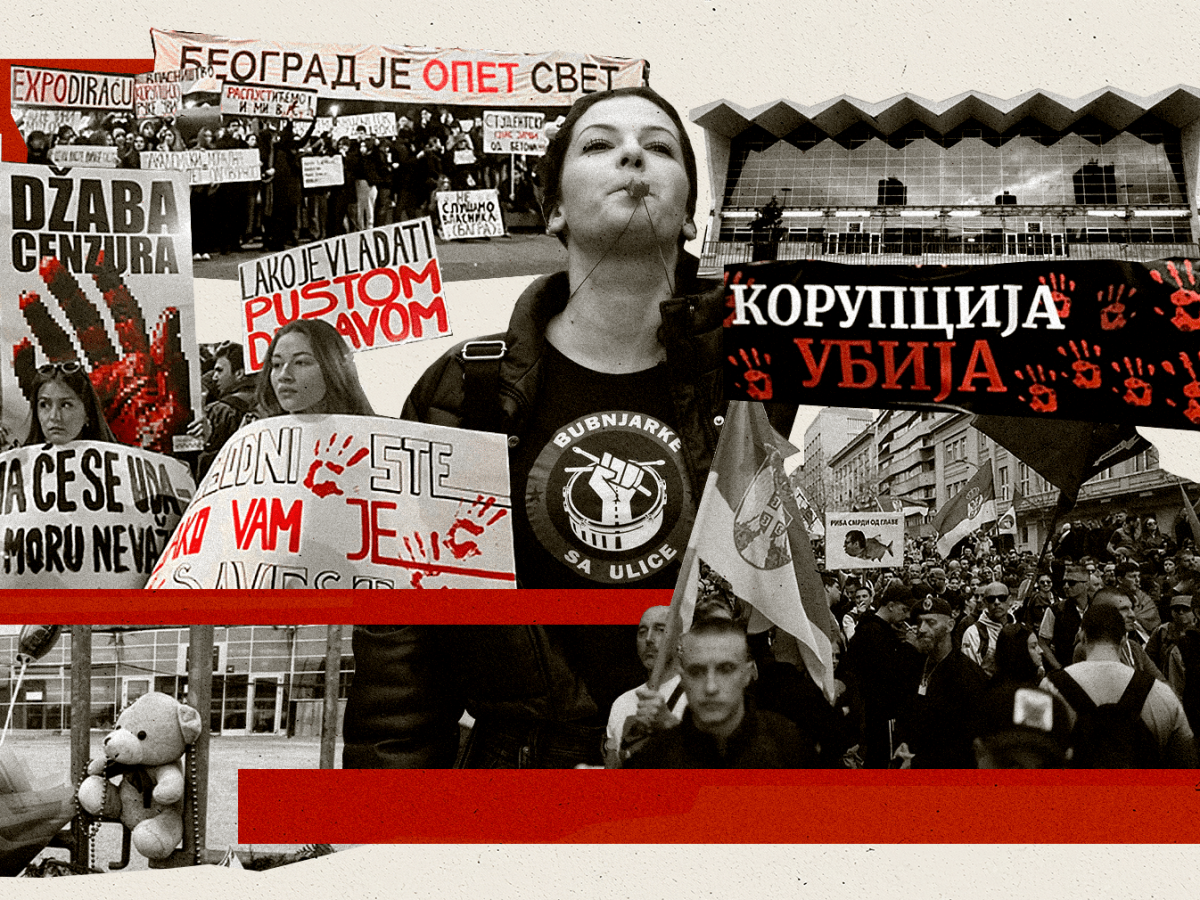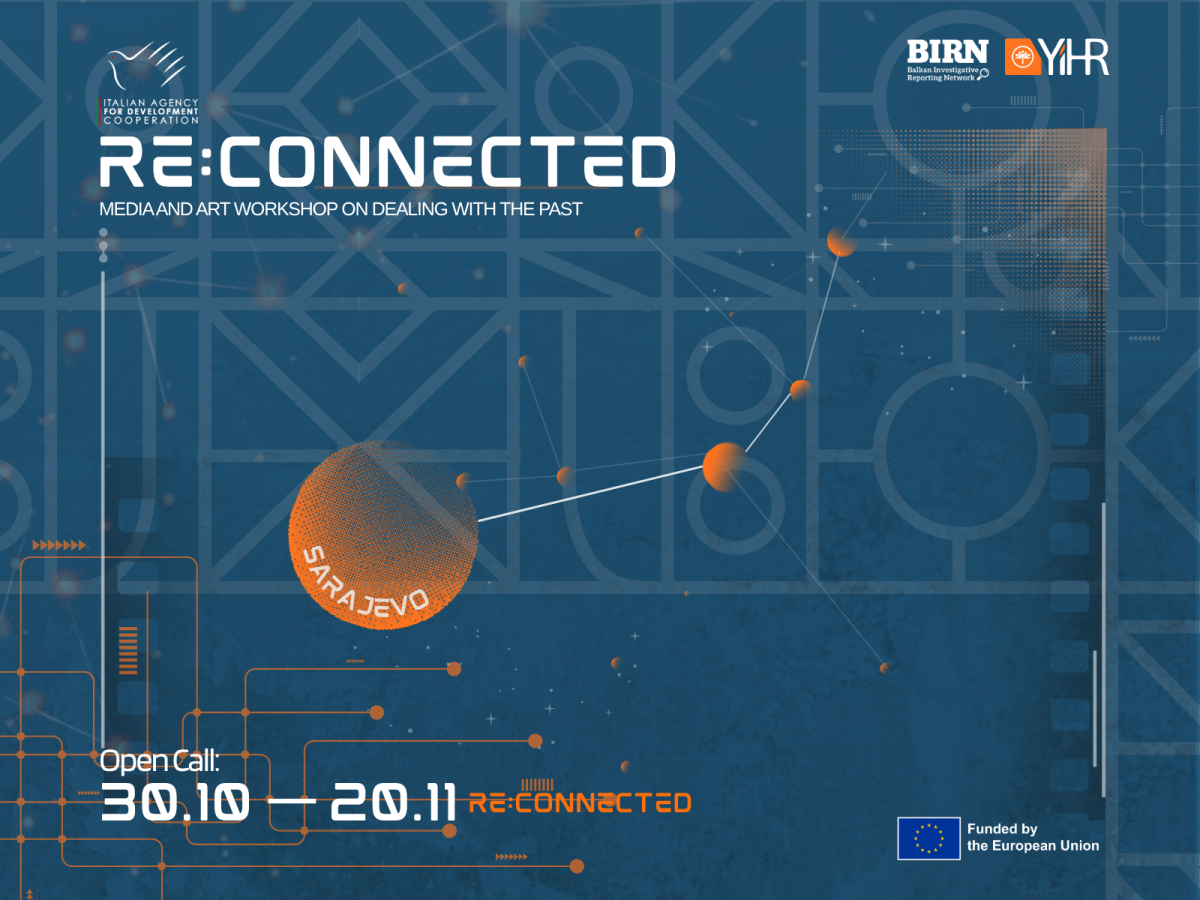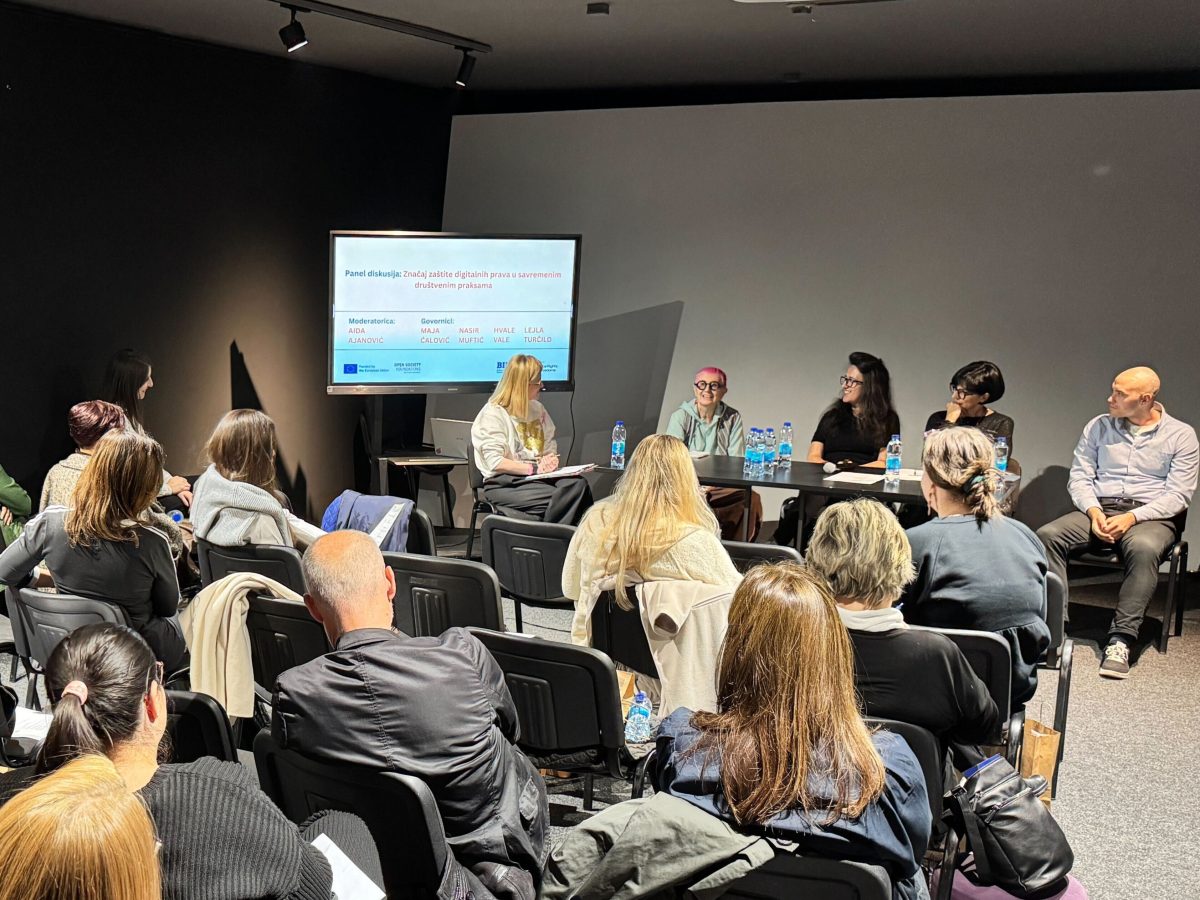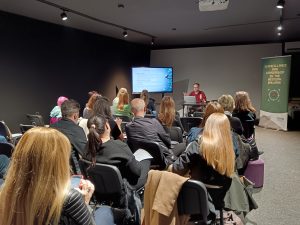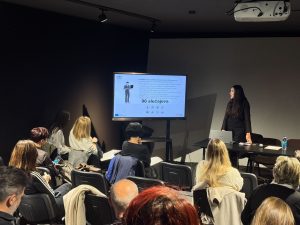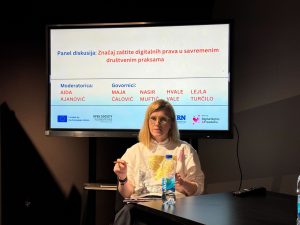The project includes capacity building for mid-career and young journalists, ensuring quality in journalism study programmes, supporting the production of quality news, TV and cross-border investigation stories, providing investigative resource desk support, and promoting these stories through awards. Additionally, the project aims to ensure that the quality of journalism study programmes is maintained for future generations.
1. SCOPE AND OBJECTIVES
This Content Production Fund aims to support the creation of cross-border journalistic content through providing financial support to media outlets from the Western Balkans. Furthermore, it aims to achieve the following outcomes for the supported media outlets:
- Production of cross-regional multimedia stories published in English and local languages
- Improved skills of journalists in the media outlets by on-the-job training and mentoring, as a part of a grant production scheme.
2. TYPE, SIZE AND DURATION OF GRANTS
Through this call, BIRN Hub invites media outlets to apply for grants to produce high-quality, cross-border journalism on local, national, or regional topics, using their own newsroom resources. Stories should be investigative and impactful, with a clear focus on including underrepresented groups such as minorities, youth and women.
Media outlets are expected to begin implementing their project’s activities from 01/01/2026 and can last up to a maximum of two-and-a-half (2.5) months from the date of contract signature. All activities must conclude by no later than 15/03/2026.
3. AVAILABLE FUNDING AND ALLOCATIONS
The overall amount expected to be distributed under this Call for Applications is up to €60,000. The table summarises the grants foreseen to be given.
| Type of Grants |
Maximum Amount per Grant |
Number of
Grants Foreseen |
Estimated Amount |
| Content Production Fund |
€5,000 |
Up to 12 |
€60,000 |
BIRN reserves the right to fund any or none of the applications submitted, as well as to discuss with applicants allocating actions as needed within the categories towards achieving the overall goal of the programme.
No co-financing from the applicant’s side is expected or is obligatory within this Call for Applications.
4. APPLICATION
This section includes important information on the rules for application, including eligibility criteria, activities and costs eligibility, and application and evaluation procedures, among others.
5.1 ELIGIBILITY CRITERIA
To apply, applicants must fulfil the following criteria:
- Demonstrate a strong commitment to producing high-quality, independent journalism that includes cross-regional, multimedia content with content pieces featuring perspectives or issues from more than one country from the Western Balkans.
- Propose an application with an investigative and in-depth angle, with a cross-border aspect and which is impactful for the community
- Express a clear intention and means of including underrepresented communities in stories. These may include marginalised groups such as minorities, youth, women and other under-reported communities.
- Be a legally registered entity within the country of application on or before 1 January, 2023.
- Be able to provide supporting documentation as listed in 5.4.1 Application Form Content.
- Must not have an active grant from any other BIRN granting scheme during the proposed period of implementation of the production grant.
- Demonstrate a commitment to actively engage in on-the-job mentoring by following the guidance and recommendations provided by assigned mentors.
5.2 ACTIVITIES ELIGIBILITY
The types of activities eligible for support will include but are not necessarily be limited to:
- Production of high-quality, independent content pieces that includes a cross-border, multimedia content, with content pieces featuring perspectives or issues from more than one country from the Western Balkans. One example of such content is the following: ‘Lifeless’: Pollution Threatens the Drin and its Tributaries in Three Balkan States | Balkan Insight
- Production of one cross- border multimedia content piece with an investigative and in-depth angle that is impactful for the community and includes a cross-border aspect, while clearly demonstrating the intention and approach to include underrepresented communities such as minorities, youth, women, and other often under-reported groups in the storytelling. Grantees will receive appropriate mentoring. Content may comprise news, analysis, investigations, different news formats: audio, text, video or multimedia.
- Promoting content through the social media channels of the respective outlets.
Applicants may propose additional activities beyond those listed above, ensuring their alignment with the project’s vision and goal. These activities should complement the existing ones and may include any relevant investigative engagement stories.
5.3 COSTS ELIGIBILITY
This call for content grants will cover only lifeline costs essential for the continuation of content production by the media outlets. While developing the budget for the proposal under this Call for Applications (budget form enclosed in 5.4.1 Application Form Content) the following eligible and ineligible costs should be:
| Eligible Costs |
| Category |
Explanation |
| Human Resources Costs |
Costs of the media outlets’ core staff salaries, freelancers’ fees and experts directly involved in implementing the proposed activities and proportionate to their level of involvement. |
| Production / Research / Communication Costs |
Costs related to the production of the stories, including communication with stakeholders, research costs, as well as costs of promotion of the stories on social media. |
| Travel Costs |
Any travel costs needed to produce the story, especially if it’s a cross-border story or a story covering citizen’s experiences in some local or more remote areas in the country. |
| Ineligible Costs |
| Include costs of office equipment, construction costs, entertainment and excessive transport, organisation and/or participation in trainings and events. |
5.4 APPLICATION SUBMISSION INSTRUCTIONS
To ensure a fair and competitive application process, applicants should complete and submit only one application / proposal under this Call for Applications. Multiple applications by individual media outlets are not eligible.
5.4.1. APPLICATION FORM CONTENT
To apply for this Content Grants, media outlets should:
-
- Be completed in the English language. Please use your own words. ChatGPT applications will be downgraded or not considered.
- Outline general information, current audience data, and a story proposal.
- Submit the following supporting documents within the embedded application form:
- Financial Proposal. Download the budget template HERE.
- Financial Statements for the 2023 and 2024 fiscal years, if applicable.
- Certificate from relevant tax authority that the media outlet is a regular taxpayer.
- A Court Certificate that the media outlet does not have ongoing legal proceedings nor is awaiting the final judgment of cases against the organisation. Note: If obtaining a Court Certificate confirming no ongoing legal proceedings is challenging (e.g., due to SLAPP lawsuits), applicants may submit a detailed explanation of their legal status and the nature of such cases. This ensures equal opportunities for all while maintaining transparency and compliance with administrative requirements.
- Editorial policy, if applicable.
- Business Registry Certificate or any other document certifying that the applicant is registered as a legal entity in (country) as of January 2023.
5.4.2 APPLICATION DEADLINE
The applicant must submit the application by 10/12/2025, midnight, CET at: [email protected] with the subject: Application for Content Production Grants_name of your media outlet
Applications submitted after the deadline will not be considered for funding. The deadline applies to all parts of your application, including supporting documentation.
5.4.3. CLARIFICATIONS, QUESTIONS & ANSWERS
Questions about the Call for Application and Application Form may be sent in English to the Programme Coordinator at this email address: [email protected] until the deadline for clarifications has passed.
5.5 EVALUATION AND SELECTION PROCESS
All received proposals will go through the following three steps:
- Administrative and eligibility check by BIRN to ensure applicants filled in the Application Form, according to the eligibility criteria and submitted all required documents by the deadline.
- Evaluation by the independent jury.
- Notification of the application outcome.
STEP 1: BIRN ADMINISTRATIVE AND ELIGIBILITY CHECK
BIRN will undertake administrative checks to ensure the applicants have followed application procedures and submitted all the required documents. If any requested information / document is missing or incorrect, the application may be rejected and will not be evaluated further. Any rejected application will be replaced by the next best-placed application on the reserve list that falls within the available budget for this Call for Applications.
An application that passes the administrative check will be assessed further as part of the evaluation by the independent jury.
STEP 2: EVALUATION BY THE INDEPENDENT JURY
After the call is closed, all applications that meet the administrative requirements and eligibility criteria will be subject to evaluation by an independent jury. A jury consisting of media professionals, acting independently, will assess the proposals based on their Relevance of the Proposed Story, Capacity, Financial Proposal and Potential, including the Social impact.
Please refer to the criteria list for further information on quality assessment.
| CRITERIA |
MAXIMUM SCORE |
| 1. RELEVANCE OF THE APPLICATION
● The proposed application should feature at least one cross- border multimedia content piece which tackles an issue relevant to local/national / regional communities.
● The proposed stories should include a cross-border dimension, with content featuring perspectives or issues from more than one country from the Western Balkans.
● The proposed stories demonstrate investigative and in-depth potential, while also addressing cross-cutting issues such as the promotion of gender equality, respect for human rights and the inclusion of marginalized groups.
● Must not have active grant from any other BIRN granting scheme during the proposed period of implementation of the production grant. |
20 points |
| 2. CAPACITY
● Applicant demonstrates available capacity to implement activities.
● Applicant demonstrates significant reach in its community.
● Applicant demonstrates previous experience in engaging communities.
● Risks and challenges are clearly identified and are manageable. |
10 points |
| 3. FINANCIAL PROPOSAL
● Budget demonstrates value for money – the organisation clearly shows it will manage to implement activities according to the proposed amount. |
10 points |
| 4. POTENTIAL
● The application addresses specific problems affecting particular communities.
● The media outlet demonstrates a clear commitment to producing meaningful, high-quality content through the proposed application.
● The proposed story strategically aims to engage new audiences, with a focus on underrepresented groups such as women and girls, youth, and ethnic, social, sexual, or other minorities. |
10 points |
| MAXIMUM TOTAL SCORE |
50 points |
STEP 3: NOTIFICATION OF THE APPLICATION OUTCOME
All applicants will be notified of the outcome of the selection process via email, whether successful or not, and may request clarifications if needed. Upon positive notification, successful applicants will sign the contract with BIRN and become a recipient of the grant.
5. MENTORING
On-the-job training and mentoring will be provided as part of a grant-supported production scheme aimed at strengthening the professional skills and editorial capacities of participating journalists. Following the signing of a contractual agreement by both parties, a dedicated mentor will be assigned to each media outlet.
BIRN will assign mentors to support the implementation of the project’s application in a format of on-the job mentoring. Media outlets will collaborate with mentors assigned by BIRN to create provisional activity/production plans that will be further confirmed. Throughout the project, BIRN mentors will be available to provide guidance and support to the participating media outlets, while respecting their editorial independence via online/offline meetings and consultation sessions.
6. TIMELINE OF CALL ACTIVITIES
The following is the indicative table of the application, evaluation, notification process and online training:
| ACTIVITY |
DATE |
| Call for Applications issued |
17/11/2025 |
| Deadline for Requesting Clarifications |
05/12/2025 |
| Deadline for Submission of Applications |
10/12/2025 |
| Notification to Applicants on the Results of the Qualitative Assessment |
23/12/2025 |
| Contract Signature |
29/12/2025 |
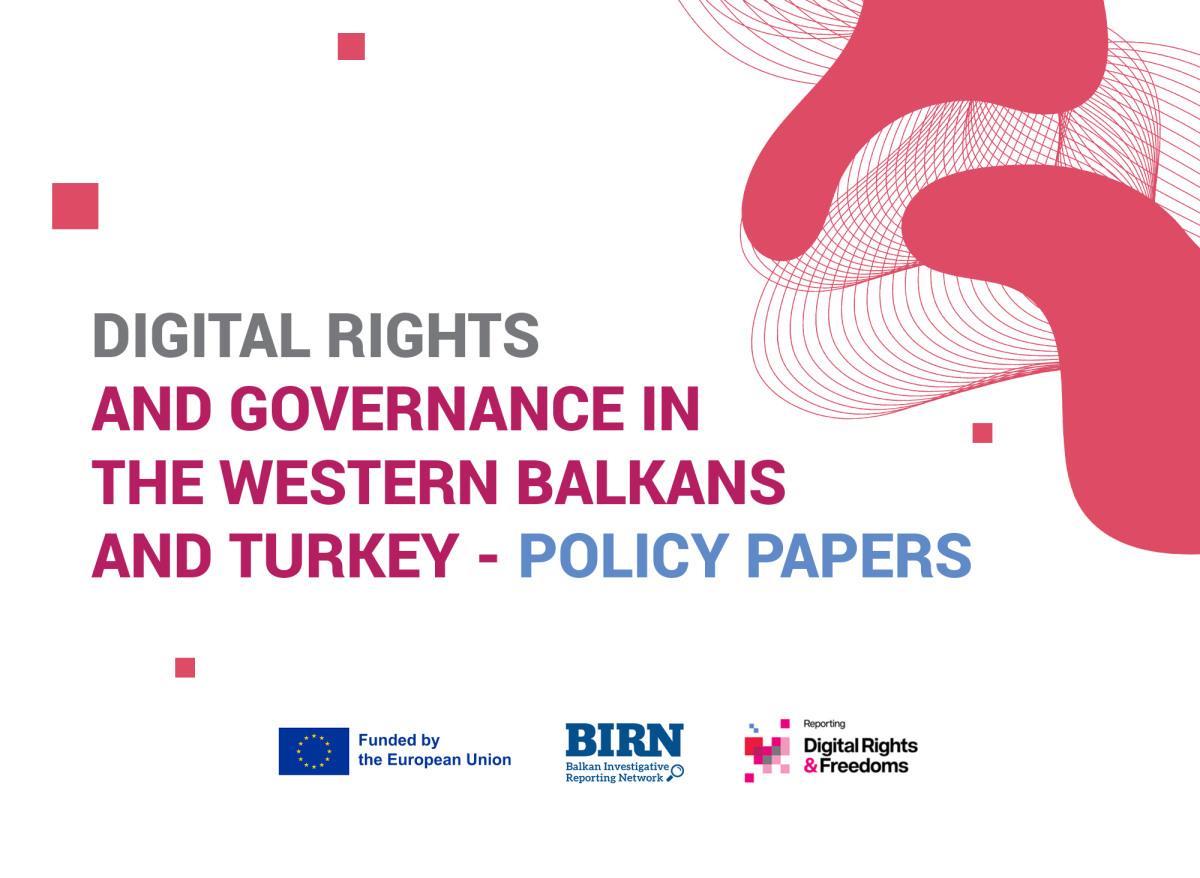



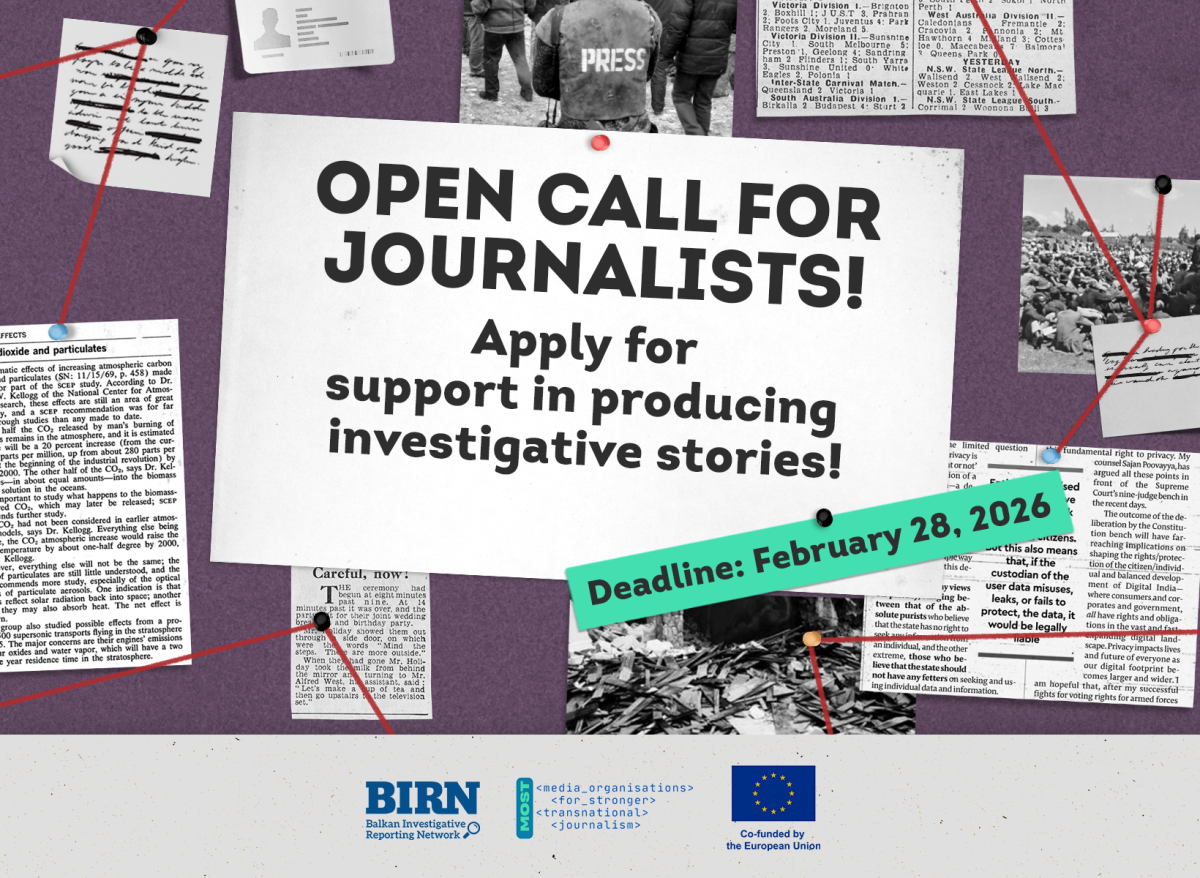

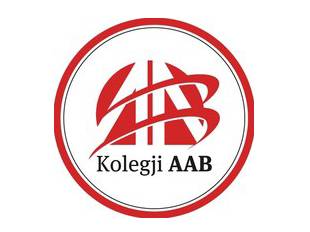
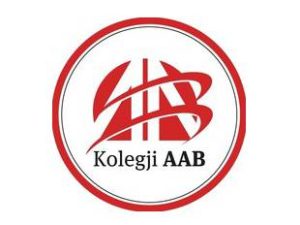 Web:
Web: 